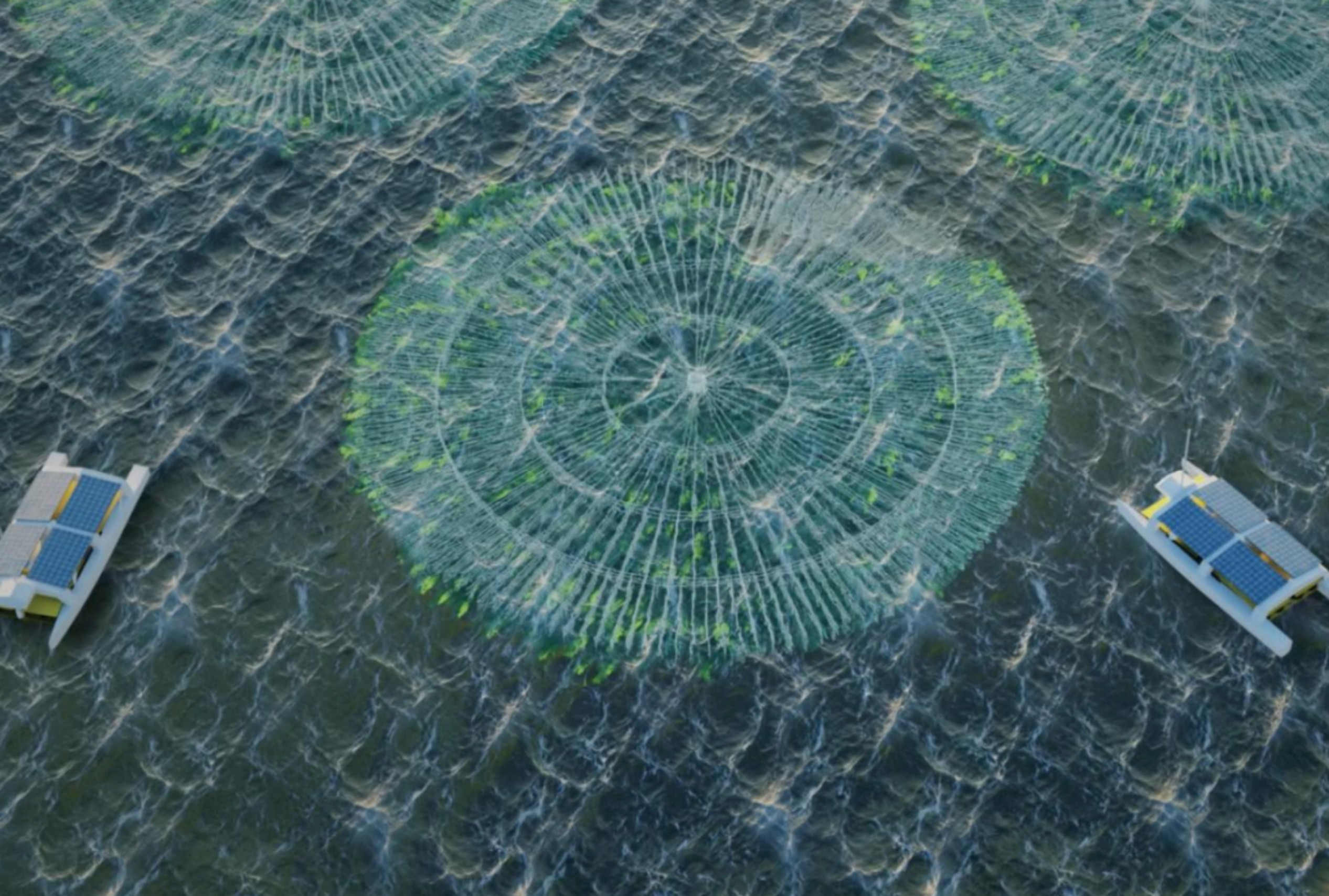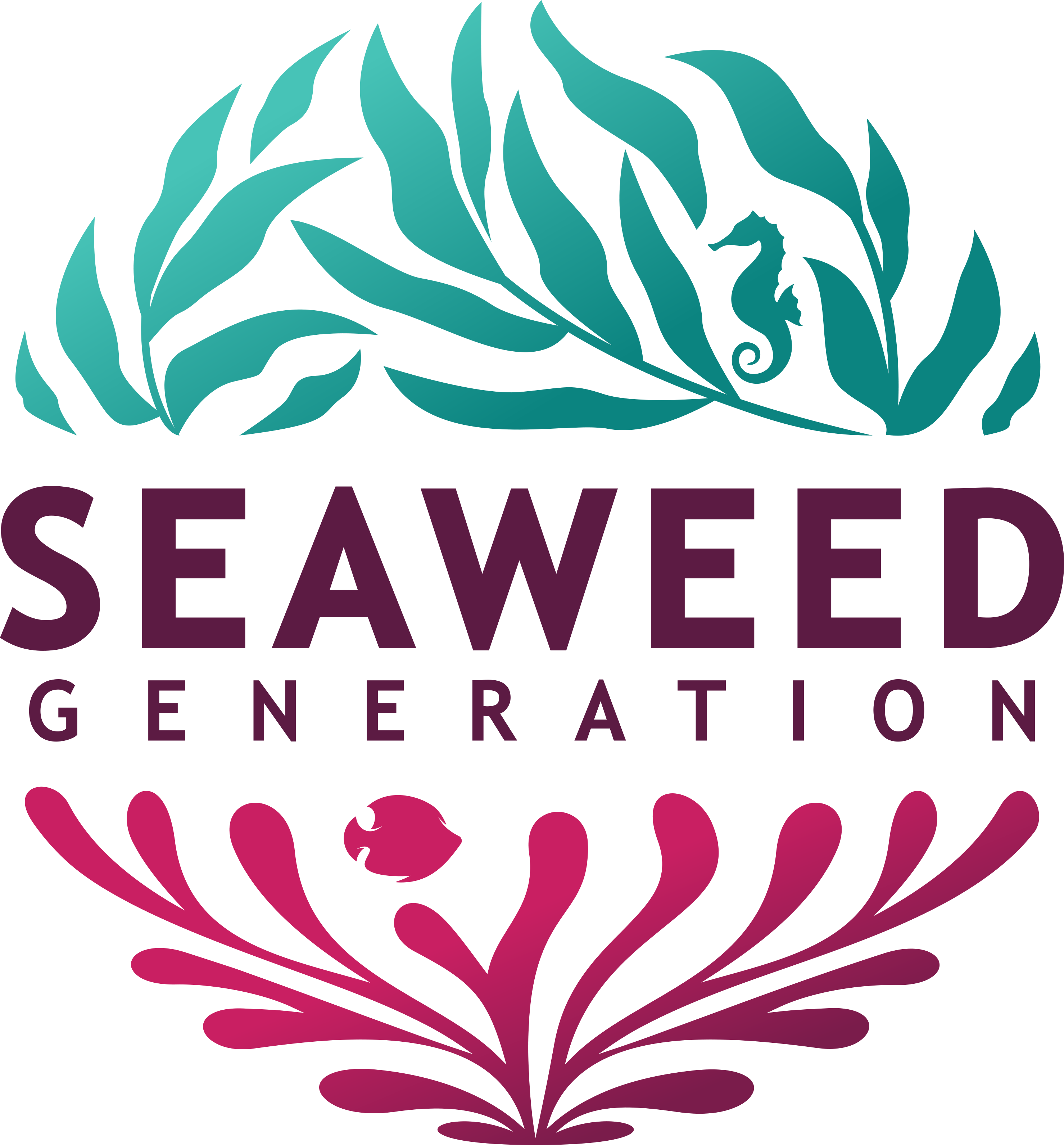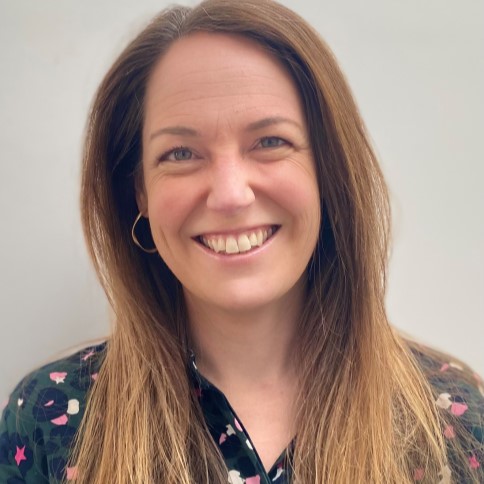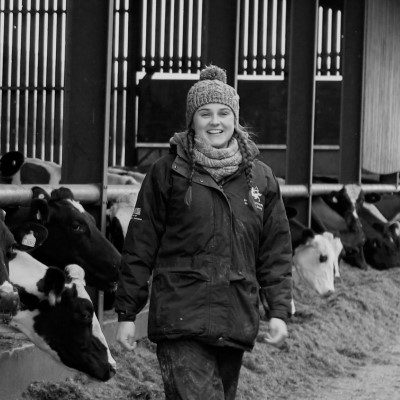CIEL | Blog: Funding for the Future
Blythe Taylor, Chief of Staff, Seaweed Generation

The pursuit of climate positive solutions in agri and aquaculture is essential, but conducting the necessary research and testing into novel approaches is a huge challenge to start-ups and scale-ups. Grant funding is therefore both a significant driver and accelerator of innovation in these industries.
As part of the CIEL Insights Funding for the Future series, we’re highlighting some CIEL Member projects and funding opportunities, this series has been accompanied by a webinar which was held on 4 July, and will be followed with more blogs from CIEL Members and a number of podcasts spotlighting the variety of Projects we’re involved in.
Seaweed Generation is focussed on mitigating and removing carbon emissions using seaweed. The wonders of seaweed can be coupled with technology for ocean rehabilitation of biodiversity, removal of pollution, and deacidification, that will also create a fantastic base biomass for food, animal feed, fertiliser, plastics, fuel, carbon removal, and much more. Thanks to Blythe Taylor from Seaweed Generation for taking their time to write this blog about their experience with CIEL and Funding applications.
There are some amazing funding opportunities through CIEL and Innovate UK – it’s just a question of crystallising your mission and ensuring the innovation shines through in the application.
For Seaweed Generation, it all kicked off with success in CIEL’s ‘Aquaculture Seed Funding for Industry-led Research & Innovation program’. Our application focussed on the development of an innovative cultivation system for the purpose of large scale, high protein seaweed growth. A locally grown, reasonably priced, protein source for animal feed would be a huge economic and ecological boost to the UK, particularly one that can be grown without land or fertiliser. Our ultimate goal is to create a versatile seaweed growing system featuring fully autonomous seeding, harvesting and monitoring.
The project, which started in October 2022, developed the first iteration of a hydrostatic system using solar powered pumps. We also began work to determine the most suitable species of seaweed for protein content, amino acid and fatty acid profile. These learnings have proved foundational in this work stream.
This was just the first step on our cultivation journey, and following CIEL’s amazing funding boost, Innovate UK’s ‘Sustainable farm-based protein’ competition felt like a logical way to move our cultivation innovation forward. This funding round offered a share of up to £12.5 million to applicants covering areas such as livestock, plants, bioeconomy and novel animal feed production systems. The competition sought projects that would accelerate these technologies and support a sustainable protein industry – Seaweed Generation was a perfect fit.
Working with our partners at Abrimar (a UK SME with expertise in developing novel animal feeds), in this project we’re further developing our automated system (the AlgaVator) for scalable seaweed biomass cultivation. Our focus is on using machine learning to optimise growth conditions to produce high protein animal feeds. The project kicked off in April of this year, and we’re excited to see the progress we’ll make over the course of this 2 year project.
Buoyed by our initial success with CIEL, we were also keen to pursue further funding opportunities in other challenging areas of research. One of the key questions posed to any marine development project is the impact it will have on biodiversity. Innovate UK is working with the Department for Environment, Food and Rural Affairs (Defra) investing up to £1.5 million for innovation projects that can improve the observation capabilities of Biodiversity in the UK’s waters. Our application here focused on how technology, and particularly AI and automation, will be essential to reduce the time, labour and financial investment that’s currently needed for observation surveys.
The application was once again successful, and in this project, which began back in January, we’ve been creating the Seaweed Generation Automated Robotic Ocean Biodiversity Observation Glider (also known as the AlgaRover) which mounts various sensors capable of monitoring marine biodiversity. The goal is to assess the impacts of human activities (such as the growing number of seaweed farms and the emergence of off-shore wind farms) on natural ecosystem function and resilience. We’re in the process of wrapping up this workstream and analysing the data collected from the AlgaRover to help us move forward with a design for deep sea biodiversity monitoring.
In recent weeks we’ve received news of two further successful Innovate UK grant applications for continued work into the cultivation of seaweed. This allows us to maintain pace and momentum in our cultivation work, with machine learning and AI central to ongoing development. It’s Seaweed Generation’s firm belief that this fast growing biomass really does have the potential to address some of our key climate challenges – if grown sustainably and in an economically viable way. That is our ultimate mission, to develop the technology needed in order to utilise this amazing organism to its fullest extent.
It’s difficult to express the significance grant funding has in our pursuit of this goal. Without the work and support of CIEL, and their commitment to drive research into the most innovative practices, there’s a high chance some of the best and most exciting ideas would never get the chance for development. For Seaweed Generation, our funding successes allow us to put innovation at the heart of everything we do, and prioritise exciting future focussed work streams that would otherwise prove out of reach.









